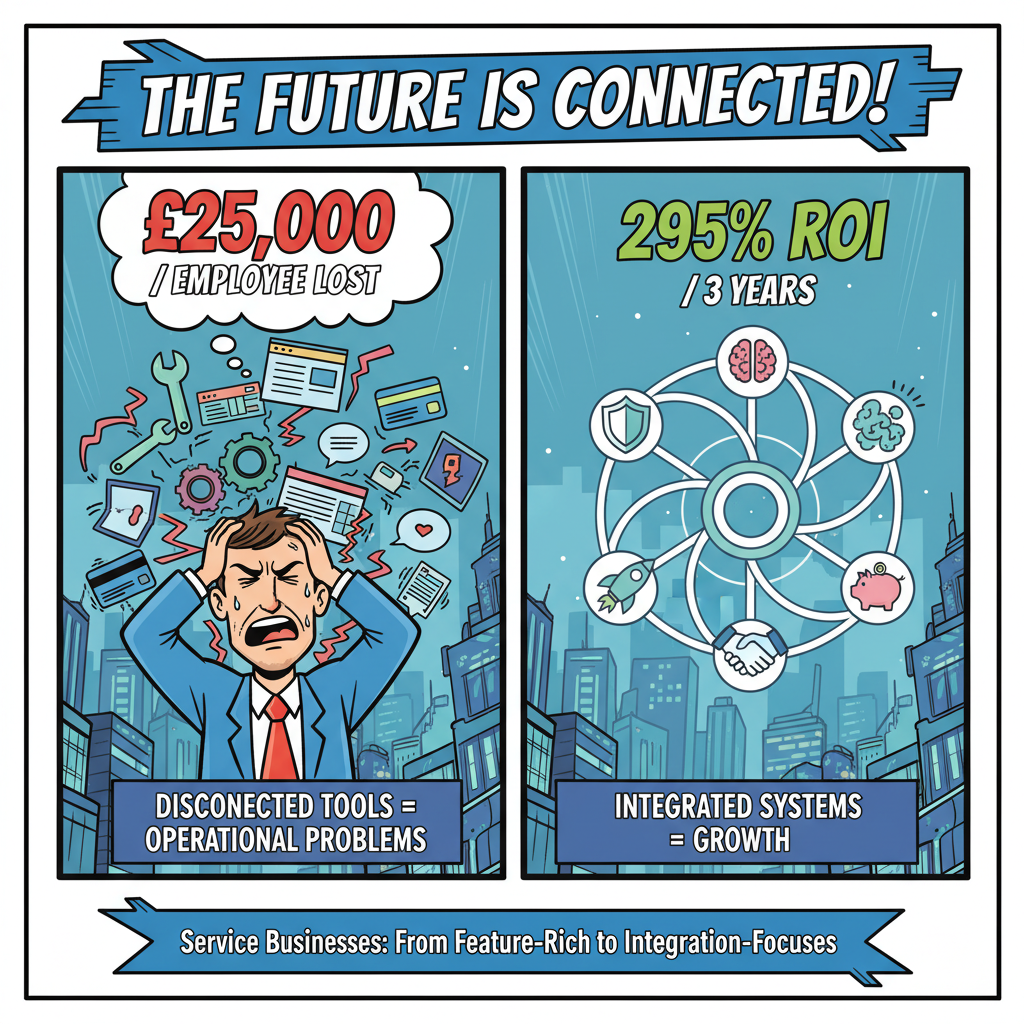Fix AI Content: Brand Voice Guide (2025)
Published on: 28/11/2025
TL;DR: Generic AI content gets deprioritised by search engines because 86% of top-ranking articles...
Marketing Automation: NEXUSPRO Strategies & Tools

TL;DR: Generic AI content gets deprioritised by search engines because 86% of top-ranking articles...

TL;DR: McKinsey research reveals none of 50+ Fortune 500 marketing leaders could articulate martech...

Service businesses are shifting from feature-rich platforms to integration-focused systems. This...

The data on AI adoption tells an interesting story.Fifty-seven per cent of U.S. adults now use...

Fresh, creative solutions.

Honesty and transparency.

Quality services.

Copyright 2026. NEXUSPRO. All Rights Reserved.